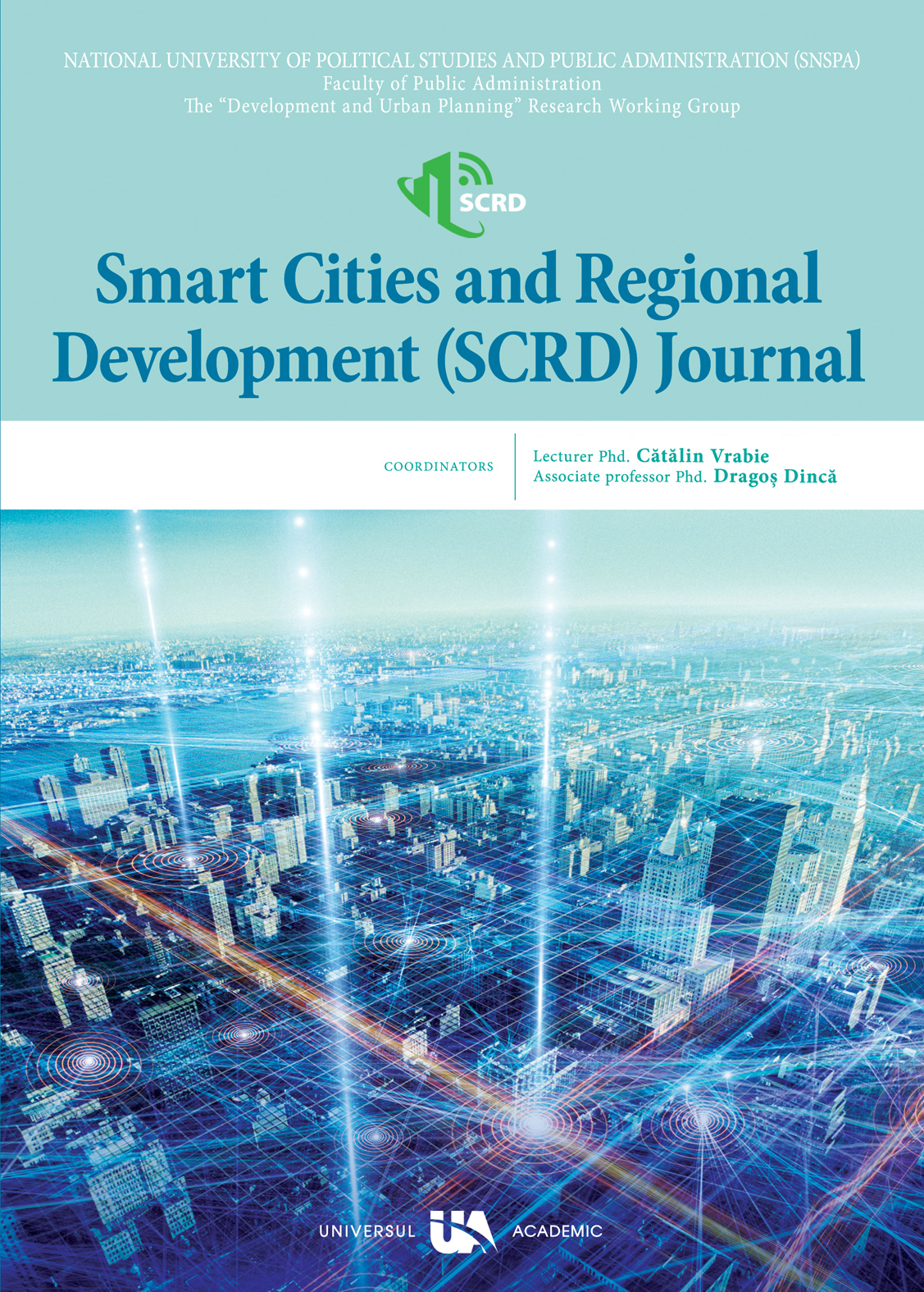Smart leadership for smart cities
Smart leadership for smart cities
Author(s): Takele Bekele BayuSubject(s): Politics, Social Sciences, Economy, Energy and Environmental Studies, Regional Geography, Environmental Geography, Maps / Cartography, Information Architecture, Governance, Sociology, Environmental and Energy policy, Methodology and research technology, ICT Information and Communications Technologies
Published by: Editura Pro Universitaria
Keywords: political rationality; urbanization; smart citizenry; sheger beautification and kigali initiative;
Summary/Abstract: This paper examines the issue of smart leadership for smart cities and the challenges they are facing. Particular emphasis is given to Africa (Rwanda and Ethiopia) which undergoing impressive urban growth at the rate of 3.5% annually that makes Africa the fastest urbanizing place in the world. However, the development of infrastructure and industries has not kept pace with the growth in urban population. Then how should Africa leaders be prepared and deal with the booming urbanization process? Smart Leadership for Smart Cities: a solution to the booming urbanization process in the continent. Indeed, as indicated in African Smart Cities Strategies for Agenda 2063, smart leaders- smarter citizens-smarter cities can alleviate African urban challenges. Indeed, only a little research discusses political leadership and commitment/political rationalities while the literature of technology innovation/technical rationalities is abundant. Recognizing the fact that Smart cities will not succeed without developing smart leadership, Rwanda under Paul Kagame and Ethiopia under Abiy Ahmed- have launched Smart Kigali initiative and “Beautifying Sheger” project respectively with the aims to develop the entire urban eco-system and realize smarter and sustainable neighborhoods and cities in their respective capital cities. The study employed a secondary method of data collection and analysis in combination with observation. Thus, the study concludes that political leadership is indispensable and leaders in both countries are undertaking impressive measures in transforming their country while building alliances and partnerships with various stakeholders. However, such initiatives are challenged by factors like trust and transparency, debt burden, public participation, and poor existing infrastructure. African leaders and their policymakers can learn a lot from the experiences of the two countries and their leadership style and moreover it provides a valuable contribution to the much-untouched areas of smart leadership for smart cities.
Journal: ORAȘE INTELIGENTE ȘI DEZVOLTARE REGIONALĂ
- Issue Year: IV/2020
- Issue No: 02
- Page Range: 41-62
- Page Count: 22
- Language: English

